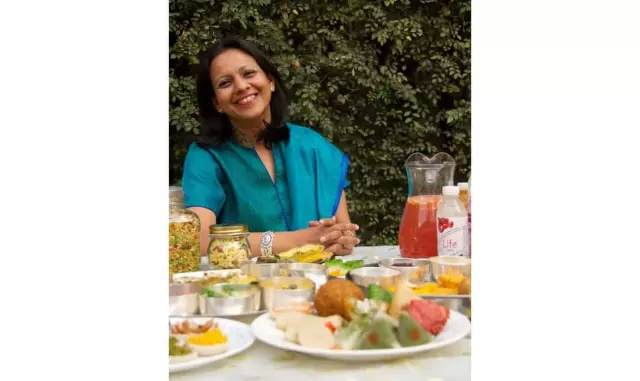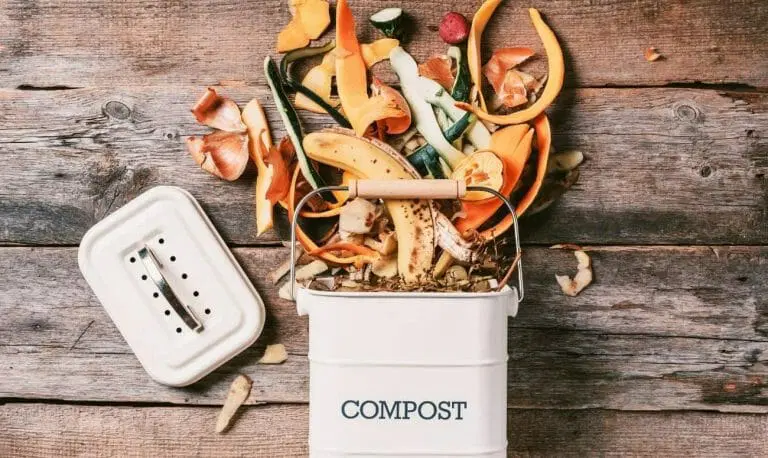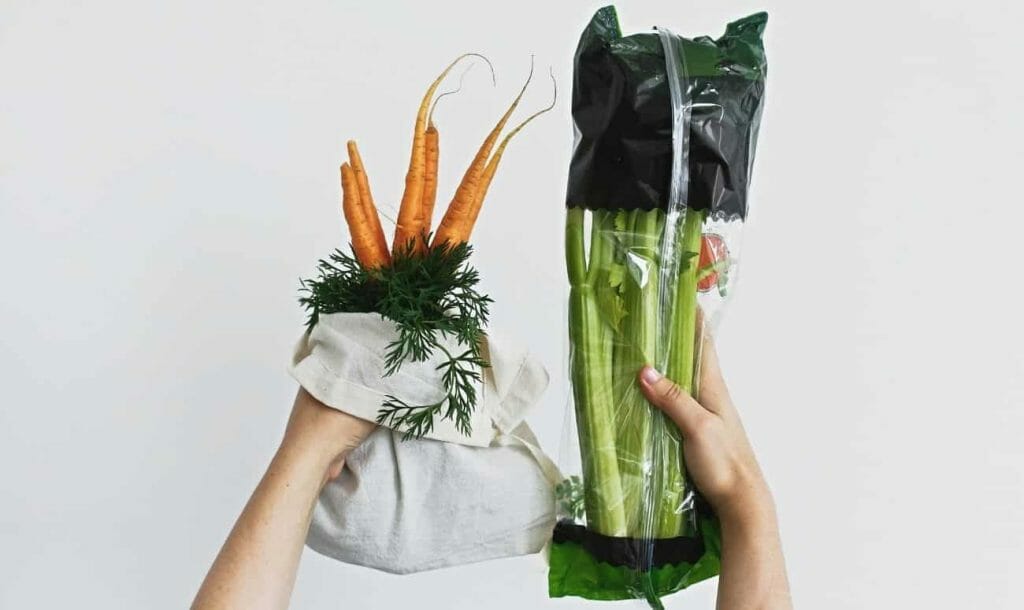Zero waste is a goal that is ethical, economical, efficient, and visionary to guide people in changing their lifestyles and practices to emulate sustainable natural cycles, where all discarded materials are designed to become resources for others to use. Zero Waste means designing, managing, and processes products to eliminate the volume and toxicity of waste materials.
Zero waste isn’t just about buying more sustainable products but it is also about buying fewer things in general and avoiding wastage of food. As it is said, that if you want a change in the world, start from your house first. Some very basic things that we can incorporate into our daily life are by saying no to plastics, use cotton bags, ditch plastic straws, cook fresh food, avoid wasting food, and composting organic kitchen waste such as peels and veggies. Zero-waste cooking should be used in every kitchen to reduce wastage and to know how efficiently we can use every part of the ingredients.

Bharti Sanghi, founder of ‘Life – Artisanal Foods’ focuses on zero waste in her kitchen. Coming from a prestigious Marwari family she has a right understanding of proportions avoiding wastage of materials and products. Her belief and passion have allowed her to focus on broader ends and contribute to the environment. She firmly admires the fact that fresh and natural is what sets Life apart. And she has further incorporated that by focusing and shifting on zero waste kitchens. While in the kitchen she believes there is nothing we can waste, even the steam of coriander, orange peel off, peas skin, even veggies remains are super helpful.

Zero Waste starts with cooking every part of the ingredient. Starting from using coriander stems that can be chopped up and sauteed to make lemon coriander soup, in summers the ridge gourd’s leftovers are used to make chutney adding ginger and onion in it, from the leftover pea pods healthy soups can be made or it can be roasted in ghee and can be eaten as a dessert and lastly seeds of pumpkin, avocado can be roasted to make sauces, salads, baked goods, and desserts.
There is so much more than just wasting. Optimising and utilizing it 100 percent allows zero waste and helps in many ways.
Mrs Bharti Sanghi is the founder of Life – Artisanal Foods.
Read more: Top 8 Facial Cleansers In India
Like & Follow ThinkRight.me on Facebook, Instagram, and Telegram to stay connected.






























